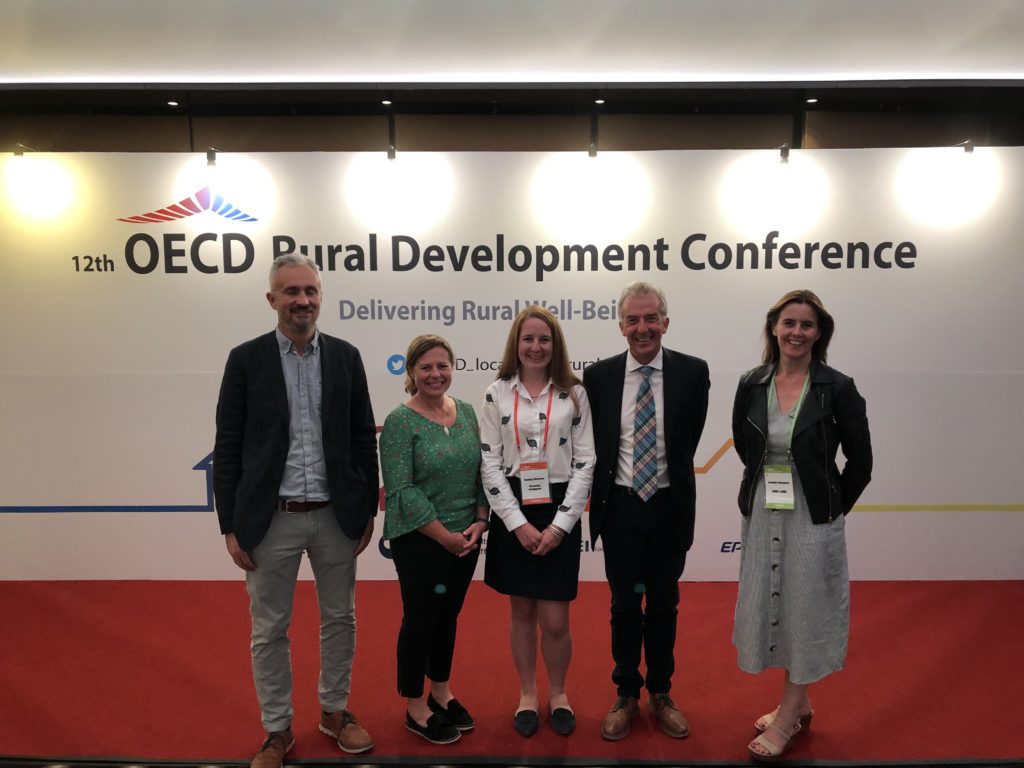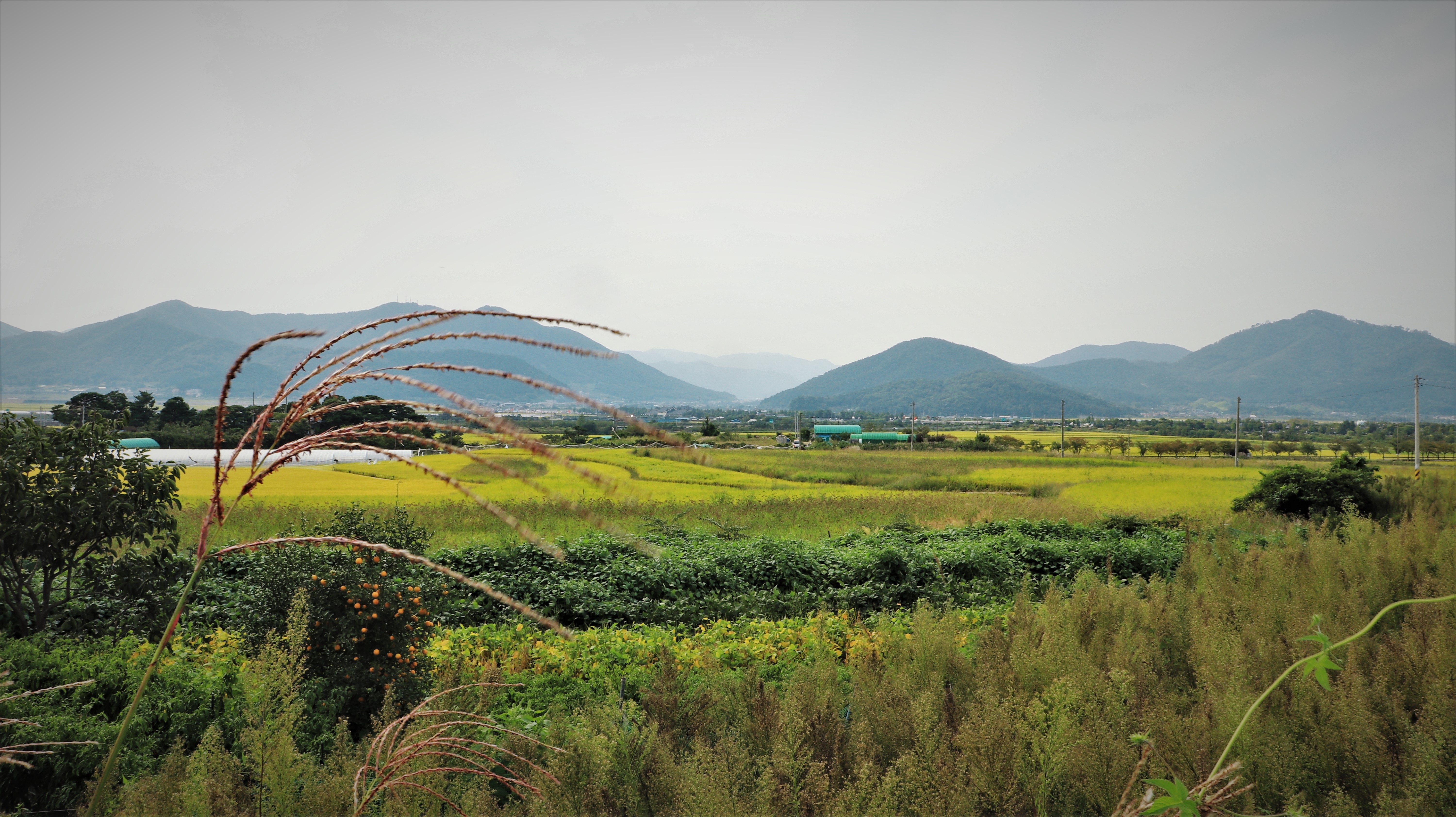I’m not sure what I expected of South Korea when I visited last month, but a plan to have 84% of the country, including rural places, 5G enabled by 2025 wasn’t a statistic that I expected to scribble in my notepad. This marked intent by Korean’s political and community leaders to make its country, and countryside, fit for the future was one of many policies that showed their commitment to address Korea’s fundamental issues.
Scotland shares many of the same challenges as South Korea – an ageing rural population, the rising cost of rural services and the resulting diminished investment into remote and rural infrastructure.
In the 1950s and 60s, most of rural Korea was living below the poverty line and agricultural productivity was very low. The Government set a bold poverty eradication programme as a core objective based on community development. Since then, there has been intermittent waves of focus on developing rural places – infrastructure, waterway maintenance and economic development schemes – with variable degrees of success.
Whilst there, I visited a county called Wanju in the south west of the country to see how national and local policy has enabled some farming and rural projects. Two rural social enterprises are examples that I think we can learn from here in Scotland – they focus on community self-help, coupled with ensuring good health and wellbeing.
The first enterprise was a food processing and packing cooperative, owned by local farmers. In it they make preserves, local delicacies like kimchi and tofu, and cleaned and packed fresh produce. The coop’s mission is to produce healthy food for local people. It supplies local schools, restaurants and hospitals and has a retail store for selling direct to the public. The farmers make 71% margin on all of their sales.
Another social enterprise is a village that works cooperatively to care for its community of elderly citizens – many from a faming background. The chairman of Dogye village is an energetic 81-year-old who looks more like he’s 61. He says that the ‘young’ residents (under 70) and the elderly (over 70) continue to farm – producing vegetable crops and rice. They also make and sell kimchi, tofu and other processed foods from the community-owned kitchen, and they keep the village looking beautiful. The project is a great example of community self-care of the elderly.
What struck me the most about South Korea, was, firstly, the power of strong Governmental leadership and investment that’s focused on empowering local communities to resolve the most fundamental of challenges themselves; the second was how true cooperation for the good of the community can create lasting economic legacy. These are certainly examples that I think we can explore for rural Scotland.
Jane Craigie was in Seoul to speak at the Organisation for Economic Cooperation and Development’s (OECD) Rural Development Conference about the LEADER-funded Rural Youth Project founded last year.


